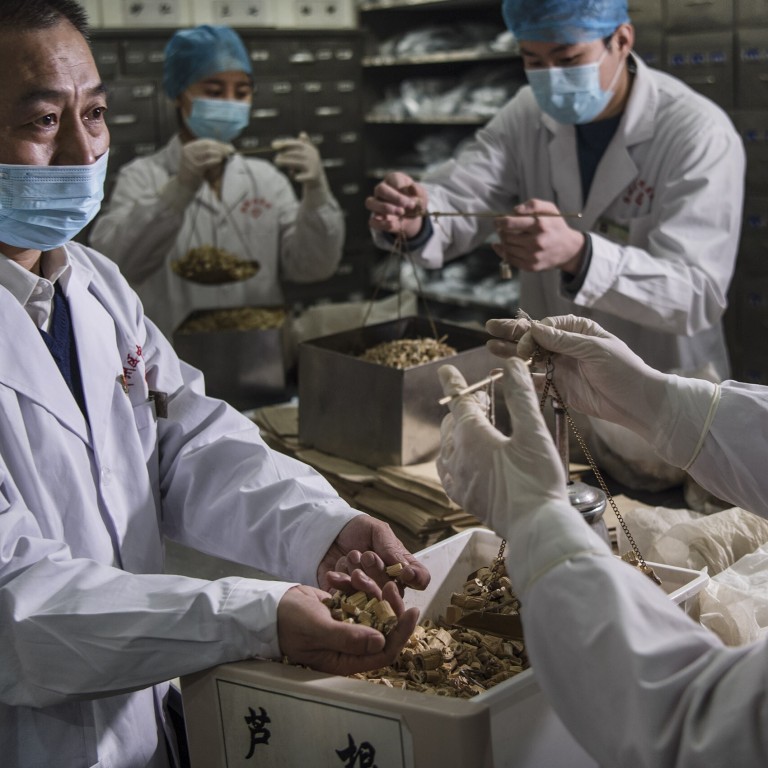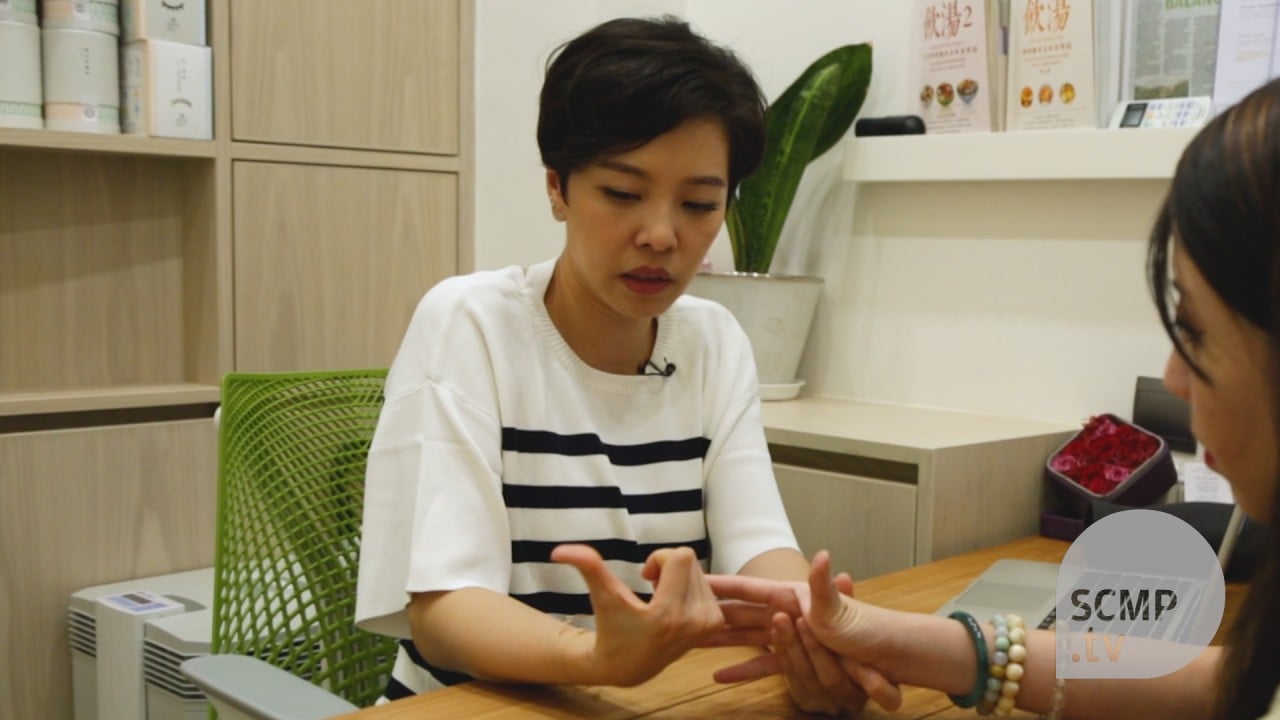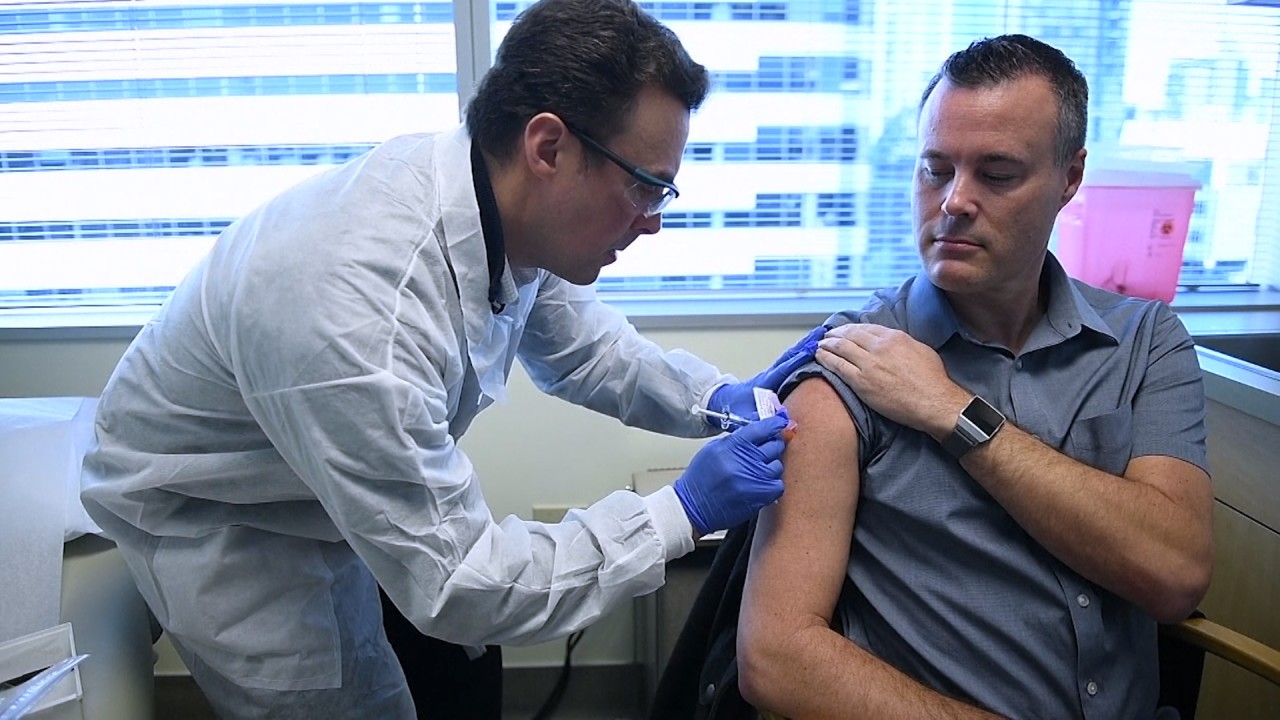
Beijing city plans to punish people for ‘defaming’ traditional Chinese medicine
- It’s seen by the Communist Party as a source of national pride, and a draft regulation aims to expand its use in the health care system
- But a proposed ban on ‘denigrating’ TCM has sparked criticism on social media, with some calling it a further intrusion on free speech
The planned regulation, which was released for public consultation in May, is aimed at expanding the use of traditional Chinese medicine in the health care system, from cancer treatment to infectious disease prevention.
One proposed clause bans people from “denigrating or defaming traditional Chinese medicine”. Violating the rule could result in criminal punishment.
Despite the limited scientific evidence supporting its effectiveness, traditional Chinese medicine is seen by the Communist Party as a source of national pride and part of China’s cultural heritage.
While debate over its use regularly erupts online, traditional Chinese medicine has a large, loyal following in the country, among both the older and younger generations.

01:59
Debunking traditional Chinese Medicine myths
The defamation ban proposed in Beijing, however, prompted a wave of criticism on social media, with some internet users calling it a further intrusion into their freedom of speech.
“Is there a thing called defaming modern medicine, physics, chemistry and astronomy?” said one comment on the Twitter-like Weibo. “Using legal means to intervene in science – isn’t it like the Catholic Church cracking down on heliocentrism?”
“It will be a luxury to speak the truth in the future,” another comment said.
The Chinese authorities have in recent years stepped up promotion of traditional Chinese medicine, with President Xi Jinping its most prominent supporter. A national law was passed in 2016 requiring local governments to promote it, and cities and provinces have been drafting their own regulations on how to carry out the work.

The draft regulation in Beijing mandates that all public hospitals provide traditional Chinese medicine services and demands more promotional activities be carried out in communities and schools.
It says traditional Chinese medicine and Western medicine need to be used together in response to public health crises. Projects developing new formulas will be given priority in receiving government research funding, the proposal says.
The plan also seeks to prohibit false or exaggerated claims about Chinese medicine.

05:36
Are medicines to prevent and cure the coronavirus disease within reach?
International scientists have questioned the reliability of such trials. But in China, doctors are instructed to prescribe traditional medicine to most patients, even though some medical professionals do not believe in its efficacy.

